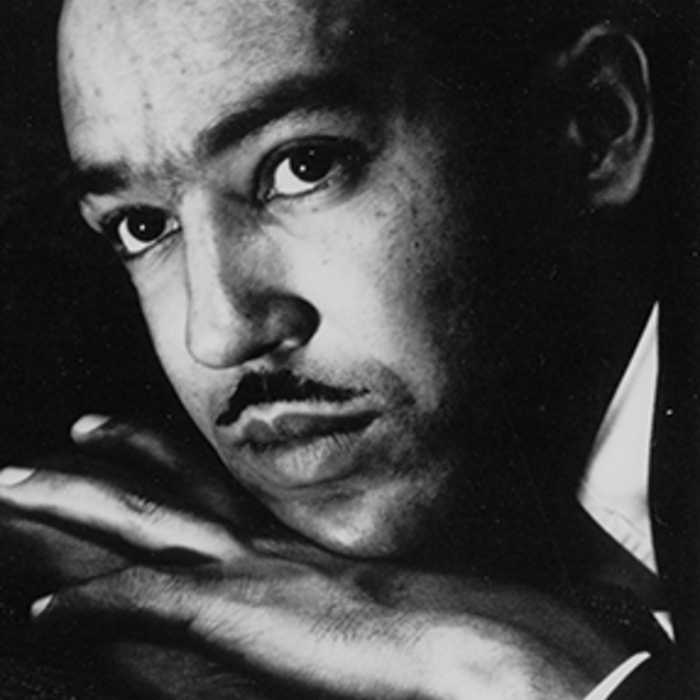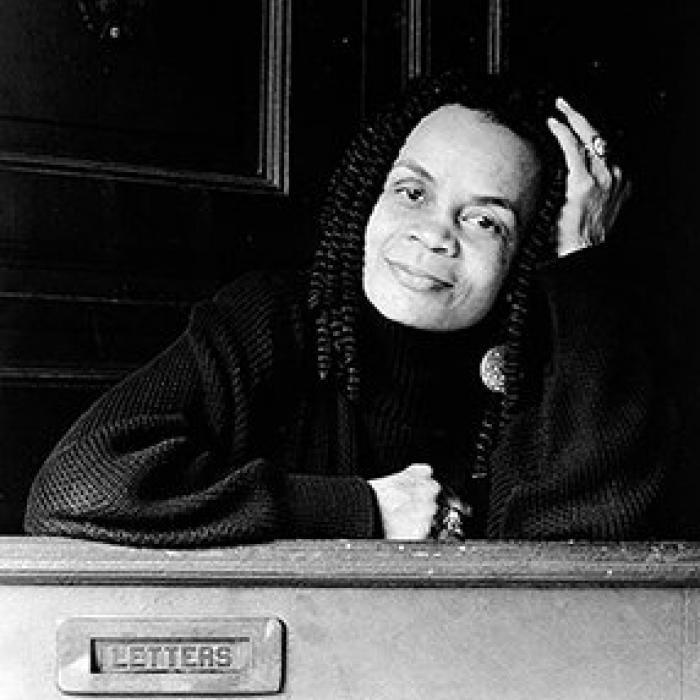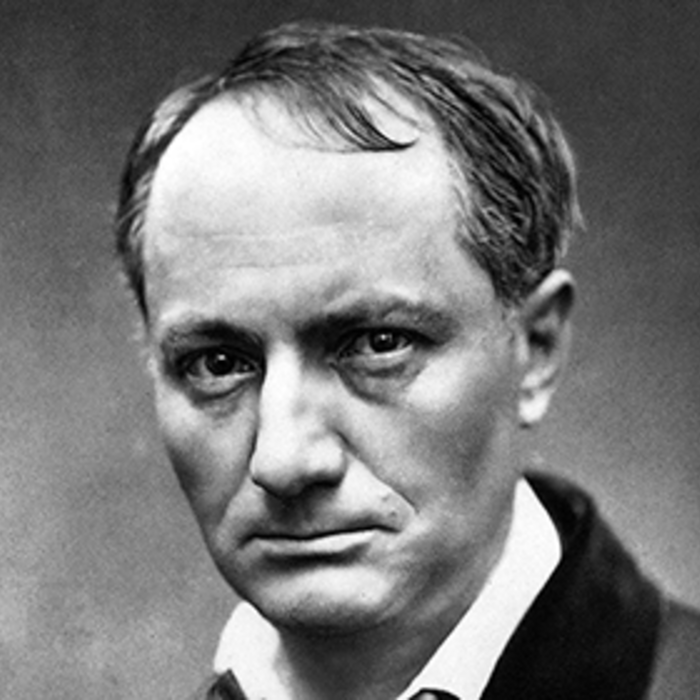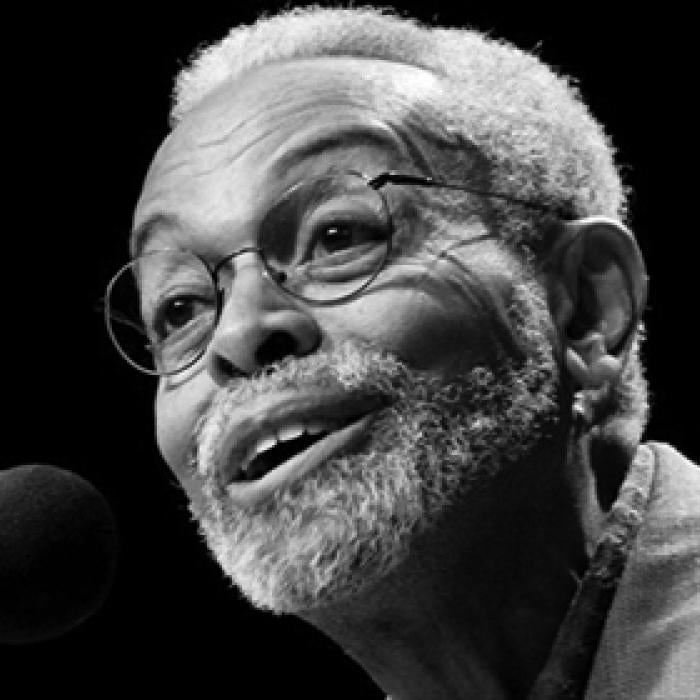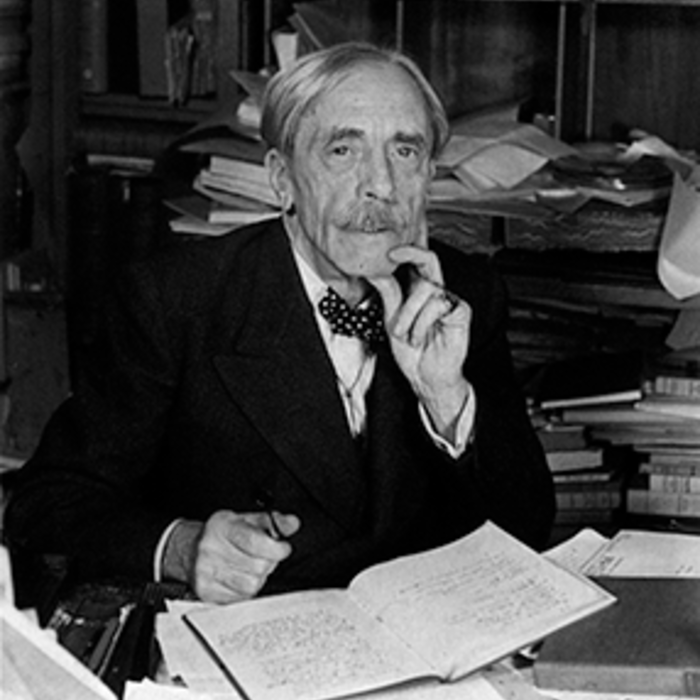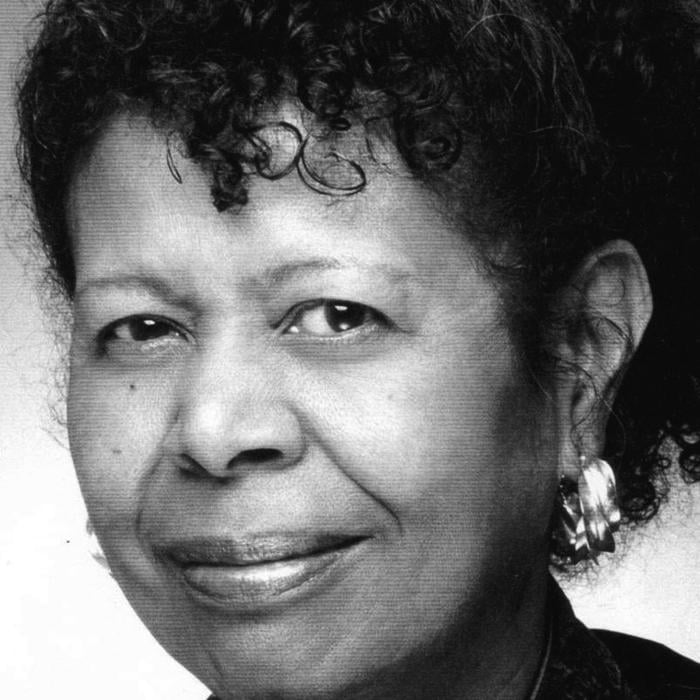Hayden Carruth
Hayden Carruth was born on August 3, 1921, in Waterbury, Connecticut, and educated at both the University of North Carolina at Chapel Hill and the University of Chicago, where he earned a master’s degree.
Carruth’s first collection of poems, The Crow and the Heart, 1940–1959 (Macmillan), was published in 1959. Since then, he published more than thirty books, including Toward the Distant Islands: New and Selected Poems (Copper Canyon Press, 2006) and Doctor Jazz: Poems 1996–2000 (Copper Canyon Press, 2001). Other poetry titles include Scrambled Eggs & Whiskey: Poems, 1991–1995 (Copper Canyon Press, 1996), which received the National Book Award for Poetry; Collected Longer Poems (Copper Canyon Press, 1994); Collected Shorter Poems, 1946–1991 (Copper Canyon Press, 1992), which received the National Book Critics’ Circle Award; The Sleeping Beauty (Copper Canyon Press, 1990); and Tell Me Again How the White Heron Rises and Flies Across Nacreous River at Twilight Toward the Distant Islands (New Directions, 1989).
Known also for his criticism, Carruth is the author of several prose collections, including Selected Essays & Reviews (Copper Canyon Press, 1996) and Sitting In: Selected Writings on Jazz, Blues, and Related Topics (University of Iowa Press, 1986), as well as nonfiction works, including Beside the Shadblow Tree: A Memoir of James Laughlin (Copper Canyon Press, 1999) and Reluctantly: Autobiographical Essays (Copper Canyon Press, 1998). He is also the author of a novel, Appendix A (Macmillan, 1963), and has edited a number of anthologies, including The Voice That Is Great Within Us: American Poetry of the Twentieth Century (Bantam, 1970).
Informed by his political radicalism and sense of cultural responsibility, many of Carruth’s best-known poems are about the people and places of northern Vermont, as well as rural poverty and hardship. About Carruth and his work, the poet Galway Kinnell has said,
This is not a man who sits down to ‘write a poem’; rather, some burden of understanding and feeling, some need to know, forces his poems into being. [Henry David] Thoreau said, ‘Be it life or death, what we crave is reality.’ So it is with Carruth. And even in hell, knowledge itself bestows a halo around the consciousness with, at moments, attains it.
Carruth received fellowships from the Bollingen Foundation, the Guggenheim Foundation, and the National Endowment for the Arts, and a 1995 Lannan Literary Fellowship. He was presented with the Lenore Marshall Award, the Paterson Poetry Prize, the Vermont Governor’s Medal, the Carl Sandburg Award, the Whiting Award, and the Ruth Lilly Prize, among many others.
Carruth taught at Bucknell University in Lewisburg, Pennsylvania, and in the graduate creative writing Program at Syracuse University. He lived in Vermont for many years before residing in Munnsville, New York, with his wife, the poet Joe-Anne McLaughlin-Carruth. He died on September 29, 2008.

